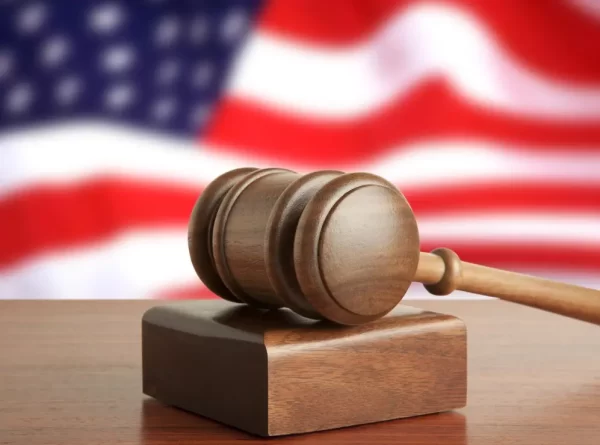The case before the Supreme Court centres on whether transgender people with a gender recognition certificate (GRC) are women under the Equality Act 2010
The ruling follows a series of controversial legal cases involving transgender people
Transgender women should not be legally defined as women, the Supreme Court has ruled.
Handing down the court’s judgment on whether sex-based protections should only apply to people who were born female, Lord Hodge said the terms “woman” and “sex” in the 2010 Equality Act referred to biological sex, not acquired gender.
“The unanimous decision of this court is that the definition of the terms woman and sex in the Equality Act 2010 refer to a biological woman and biological sex,” he told the court.
“But we counsel against reading this judgment as a triumph of one or more groups in our society at the expense of another. It is not.”
“As I will explain later in this handout speech, the Equality Act 2010 gives transgender people protection not only against discrimination through the protected characteristic of gender reassignment, but also against direct discrimination, indirect discrimination and harassment in their acquired gender.”
The case before the Supreme Court centres on whether transgender people with a gender recognition certificate (GRC) are women under the Equality Act 2010, one of its justices has said.
Lord Hodge told the court: “The central question on this appeal is the meaning of the terms woman and sex in the Equality Act 2010.
“Do those terms refer to biological women or biological sex? Or is a woman to be interpreted as extending to a trans woman with a gender recognition certificate?”




